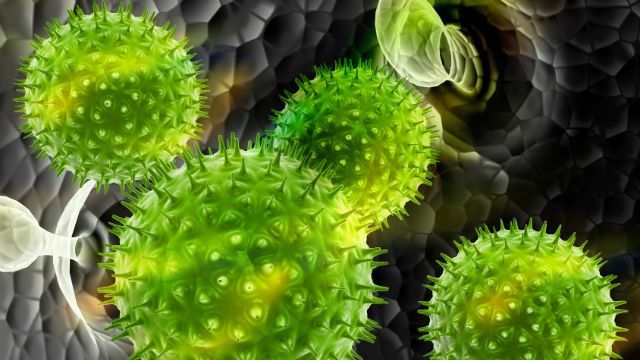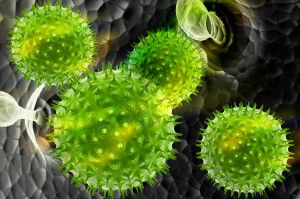
It is common knowledge that we are all surrounded by millions of pathogens on a regular basis, both on our bodies and in our homes.
However, a new study published in the journal Science wanted to track how bacterial communities follow us around, and how they spread from us to our surroundings, and to others.
Researchers from the University of Chicago and the US Department of Energy’s Argonne National Laboratory recently conducted the Home Microbiome Project, which followed seven families for six weeks. The participants were asked to swab their noses, hands and feet, as well as common household surfaces, such as light switches and door knobs, every day.
Study leader Jack Gilbert, a microbiologist at the Argonne National Laboratory, stated, “we wanted to know how much people affected the microbial community on a house’s surfaces and on each other.”
When the researchers analyzed the swabs, they found that the bacteria on each person substantially affected that of the home. Within the course of the study, three of the families moved. Less than a day after the move, the new homes of these families had accumulated nearly identical microbial communities as the old homes.
Commenting on how quickly a new home can pick up a person’s (or family’s) microbes, Gilbert said, “you could theoretically predict whether a person has lived in this location, and how recently, with very good accuracy.”
Not surprisingly, the researchers also found that families that were in close contact with one another tended to share bacteria. Hands particularly were found to share bacteria, more so than noses, which had more individual bacteria that did not migrate as much.
Gilbert commented, “it’s also quite possible that we are routinely exposed to harmful bacteria – living on us and in our environment – but it only causes disease when our immune systems are otherwise disrupted.”
While this study may cause some people concern, exposure to day-to-day pathogens can actually increase our immunity to them unless – as Gilbert pointed out – our health is already compromised. Indeed, as we previously reported several studies have found that children exposed to common household bacteria, as well as bacteria from the soil, have a lower risk of developing asthma and allergies.
 For this reason, while it is obviously important to wash our hands and clean our homes regularly to avoid the spread of dangerous pathogens, it is not necessary – and may be harmful – to overdo it. The key to staying healthy is to maintain a strong immune system, through nutritious foods, regular exercise, ample sleep and managing stress.
For this reason, while it is obviously important to wash our hands and clean our homes regularly to avoid the spread of dangerous pathogens, it is not necessary – and may be harmful – to overdo it. The key to staying healthy is to maintain a strong immune system, through nutritious foods, regular exercise, ample sleep and managing stress.
If we focus on building optimal health, even though our bodies and our homes may be swarming with bacteria, our immune systems can usually overcome it.
-The Alternative Daily

